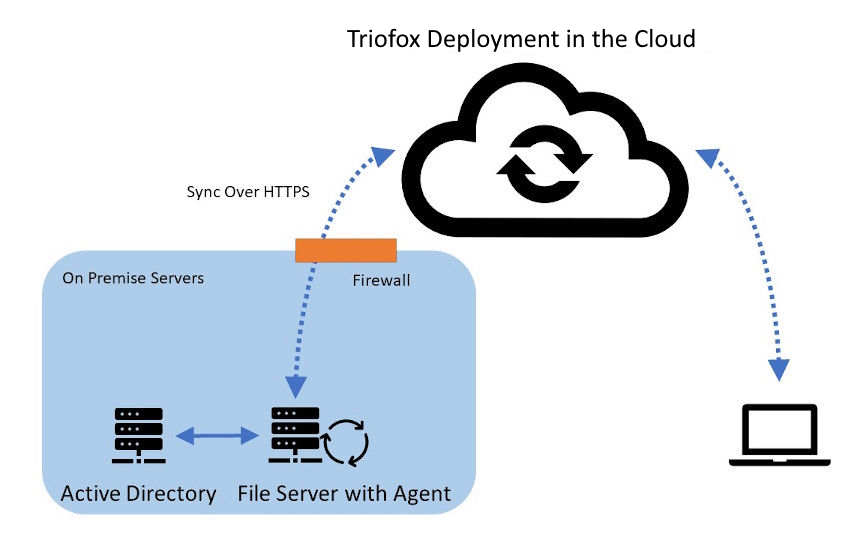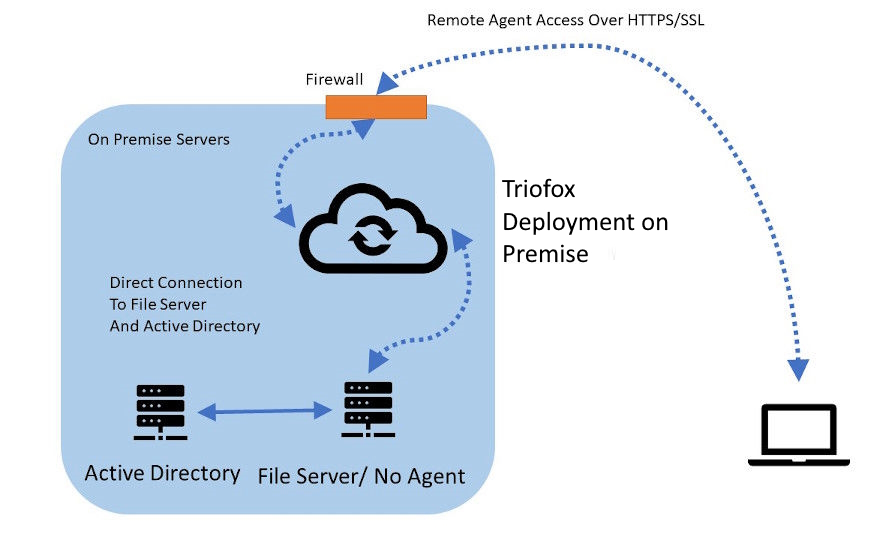Why the Limit of 100TB is a Challenge for Research Institutions
Research institutions generate vast amounts of data that needs to be stored, managed, and accessed by teams of researchers, faculty, and students. However, Google Workspace for Education has recently imposed a limit of 100TB across all end-users. This is a challenge for institutions with larger data sets, as it is simply not enough storage to meet their needs.
The 100TB limit might be sufficient for some institutions, but for those who generate large amounts of data on a regular basis, this limit presents a significant problem. Institutions will have to either find alternative storage solutions, delete data or purchase additional storage, which is not only time-consuming but also expensive. In addition, researchers and students might have to spend time migrating data between platforms, which can be a tedious and cumbersome process. As of this writing, Google limits data transfer to 750 GB per day. So, if Google Workspace holds the only copy of your data, it will take more than 3.5 years to extract the first 100 TB!






